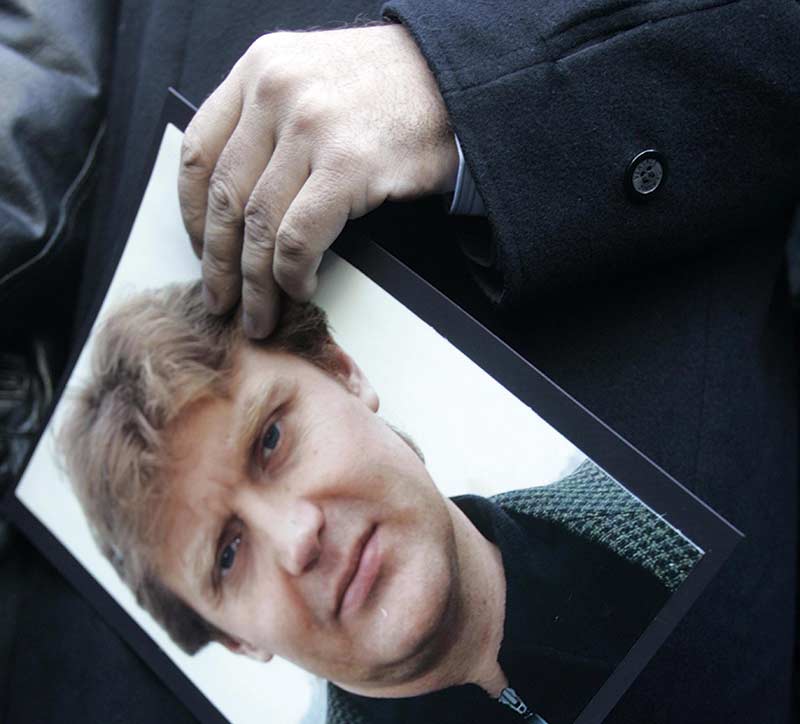
Louis Flannery examines the implications of the latest ruling in relation to the Litvinenko affair
Few reading this will fail to recall the well-publicised circumstances of Mr Litvinenko’s death from radiation poisoning in London in late 2006. The conspiracy theories still abound, but the prime suspects, in respect of whom arrest warrants and extradition requests were made, are Russian agents who remain at large in Moscow.
Mr Litvinenko himself had spent more than 18 years in the KGB, before turning whistleblower and having to flee Russia in 2000. He had fallen out with his paymasters in 1998, after declaring publicly that he had been ordered by the Kremlin to assassinate the late Russian oligarch Boris Berezovsky, who fled from Russia in 1999. (The media magnate was found dead in the bathroom of his Berkshire mansion last year, apparently from suicide, following his loss in the mammoth Commercial Court trial against Abramovich (see “Rich Pickings” Pt I & Pt II)
The inquest
A week after Mr Litvinenko passed away, an inquest









